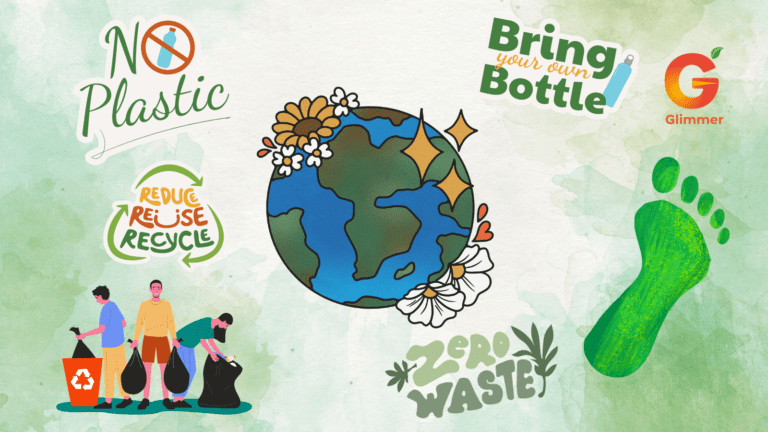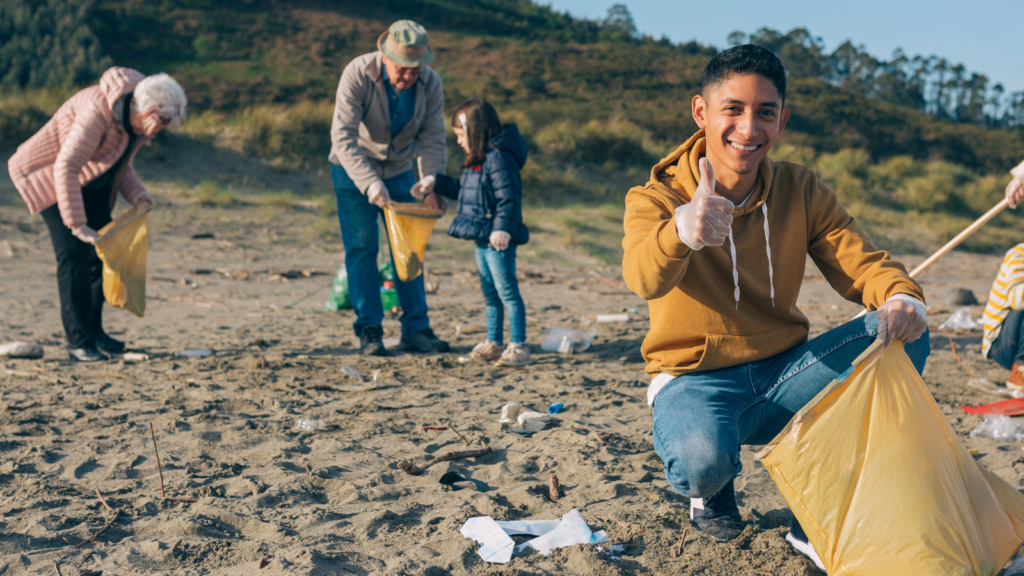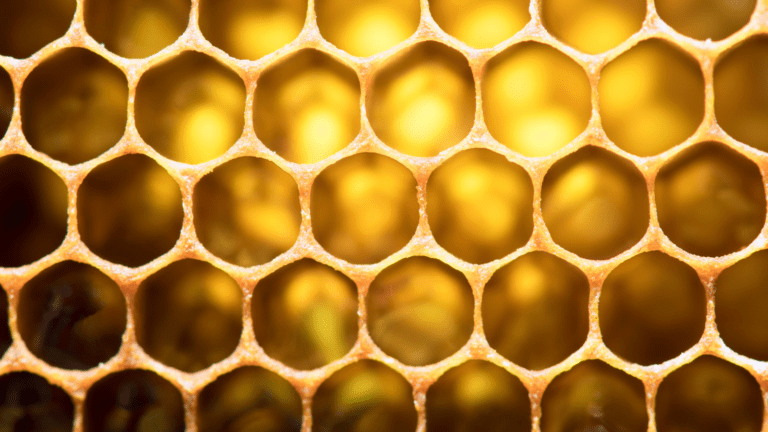Top sustainability tips from Clean Up Australia

There’s no doubt that sometimes, when we think about how we can live more sustainably, it can feel a little overwhelming. And do our actions even make a difference?
Clean Up Australia’s CEO, Jenny Geddes, spoke with Glimmer about the small simple steps we can all do that actually can have an impact.
Jenny’s top sustainability tips for reducing waste:
Firstly, it’s important to know that there are so many simple changes we can make that actually do tackle the problem of waste.
The mantra that Clean Up Australia has always followed is that we can’t expect perfection but we can all make small changes. So, we never take the high and mighty road that says let’s all do this 100% perfectly. If each one of us just tries our best to make some simple changes, they really do add up to make a significant difference.
💡 Bring your reusables
When we think about the implications of what products we buy, we realise that we’ve got into a mindset that everything has to be quick and easy.
Think about take away coffee cups, for example. Our grandparents could tell you there was a time once, not that long ago, when there was no such thing as a takeaway coffee cup. Now for us, it’s hard to comprehend that.
We’ve created the problem in our generation, so we can really fix it.

My tip is to start with the easiest things.
So many of us already have a reusable coffee cup or water bottle in our cupboards. Let’s dig them out and get back into the habit of taking them with us, just like we take our reusable shopping bags.
Another easy tip is to consider bringing our own lunch to work in a reusable container from home. It doesn’t have to be a fancy product. It can be something as simple as a jar that you already have in the cupboard.

When we go shopping, we bring our reusable shopping bags, but remember we can also bring reusable bags for our fruit and veg.
If we do it, we might inspire others to do it too.
💡 Reduce food waste
An area of waste that is relevant to everyone is food waste, and it’s one of our most significant areas of waste.
Rather than tossing leftovers and food scraps into a plastic bag and into the general waste, we can use a compost or bokashi bin. In some councils, you can put food scraps in the green recycling bin to be composted.
A worm farm is another great way to reuse food waste. I’ve been a great worm farmer for 20 years. Most food scraps are perfect for worm farms.
While some of us don’t have the ambition to compost or keep worms, we can all think about reducing the amount of food that we don’t use. Again, there are some easy things we can each do.
For example, simply pulling the older food to the front of the fridge and using it before its expiry date or before it dies in the fruit and veg bin.
We can also think about reducing the amount we purchase if we’re not eating it all from one week to the next.
So, these are simple, unexciting things that we can all do, but they do make a big difference.

💡 Reduce fashion waste
Fast fashion is a terrible scourge: wear it once and throw it out. So, fashion waste, often that’s plastic waste, is a huge problem.
Awareness is an important factor in waste. And fashion is one of those areas where I don’t think we really think about it. Perhaps it seems too complicated—are the fibres leaching out through our washing machines, will they breakdown in the environment, etc.
The best and simplest way to make a difference here is just thinking about the products we buy and the stores we buy from—shopping second-hand, in charity stores and buying good quality.
Think about the longevity of the item; a nice little cheap pair of pyjamas for your child is absolutely fine if you pass them on to the next child and the next child after that.
Encourage sharing your clothes around so they’re not worn once and thrown away. There’s some good role modelling happening even with the royal family. Not long ago, they would never be seen wearing the same item. And now you see it being repurposed and there’s a sense of pride around that. That’s really encouraging.
If we can be mindful that clothing can be a problematic piece of waste, we might think very differently about what we purchase.
A Final Word
Be a change-maker. Join the sustainability movement.
Sustainability is about getting people involved and helping us remember that our actions impact our local environment and our national environments, and they contribute to what’s happening globally.
In every area of our lives, there’s something we can do. It can be something big, but it also could be something quite small. It all has an impact.
Consumers are becoming more and more dissatisfied with the state of products. We don’t want to buy products that are plastic, wrapped in plastic and delivered in plastic. We all want better solutions.
While the macro environment might take some time to change, we can always think about our own behaviours: how we can make change in our own world. We should feel encouraged to know that we can play an important role in making world a better place.

Register to do a clean up in your area; Clean Up Australia support you with public liability insurance, materials and free bags and gloves. You can also make a pledge to improve the environment; thousands of small steps make a big difference and together we can all be part of the solution. Share it with us: cleanup.org.au/stepup
Glimmer is committed to supporting initiatives like Clean Up Australia, working to help people and our planet thrive.
Join the Glimmer community—people who care about helping each other to live more sustainably. Because together we can make a difference.
Looking for ways to reduce your environmental impact? These other Glimmer articles can help.







